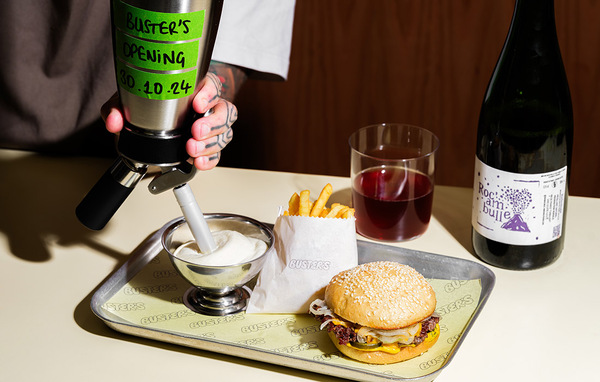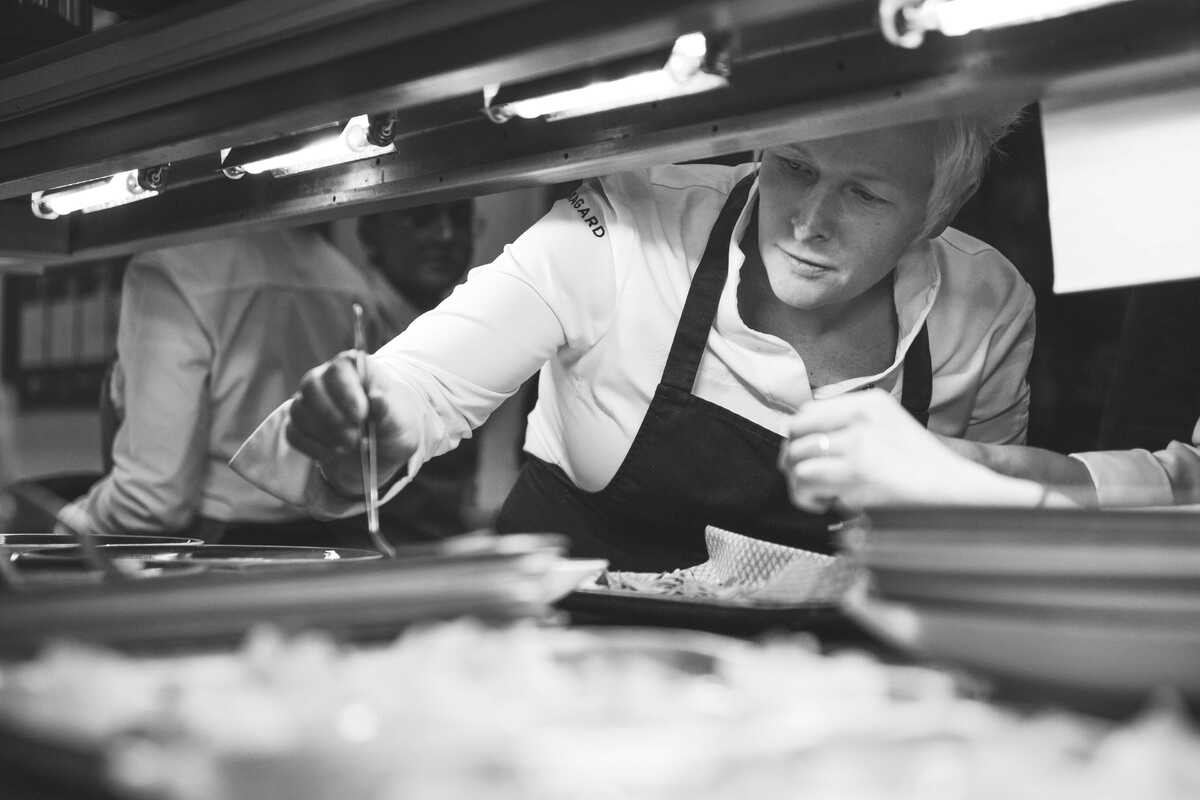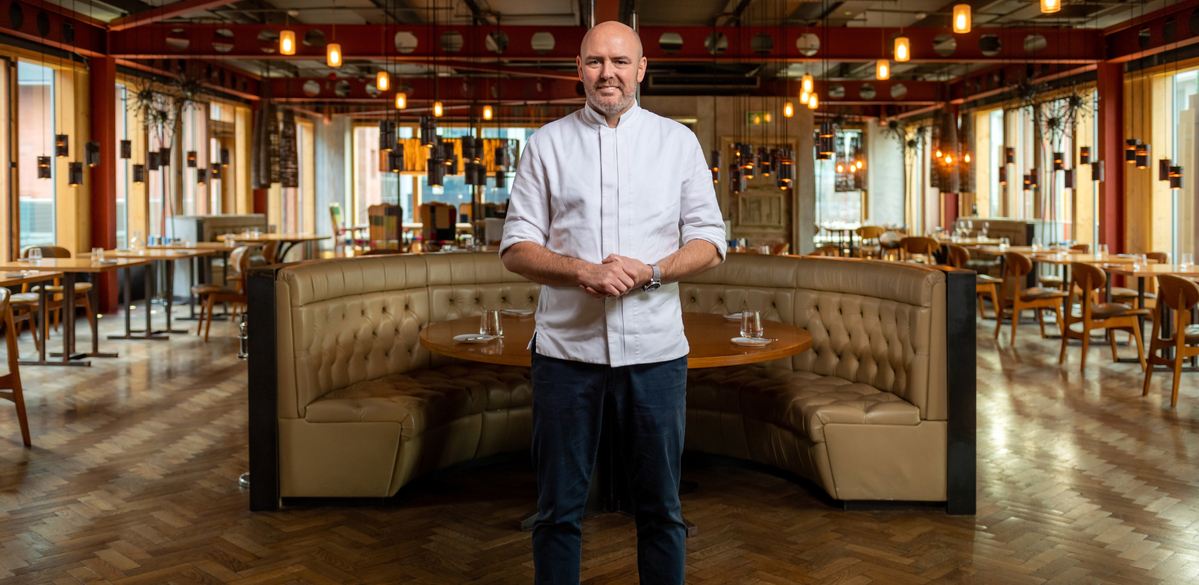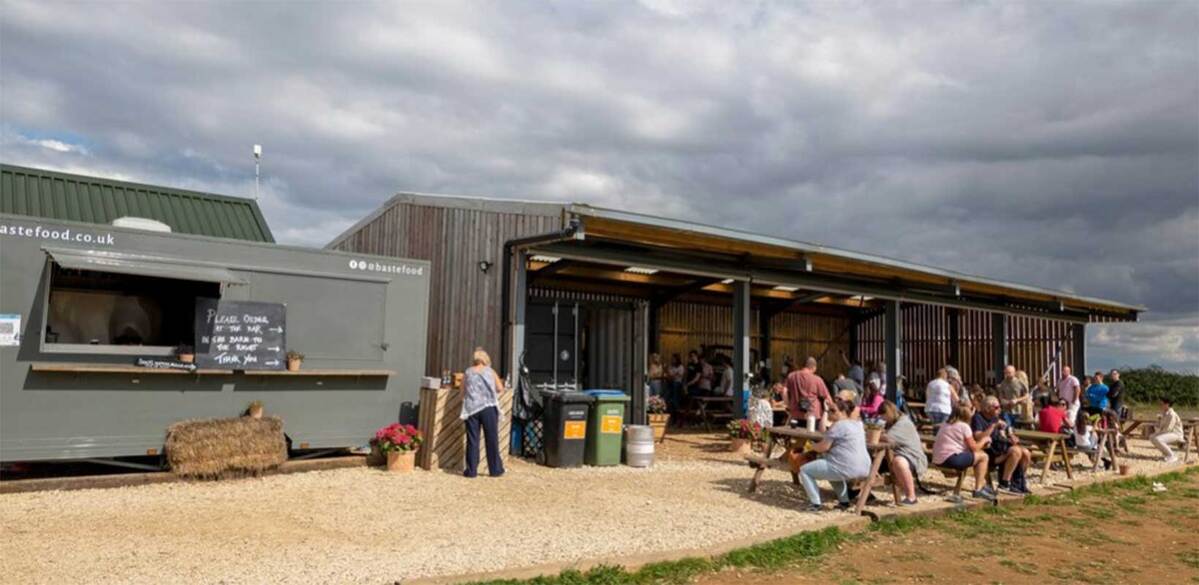Furlough estimated to cost hospitality industry more than £542m a month
The Coronavirus Job Retention Scheme is estimated to be costing the hospitality industry more than £542m a month in National Insurance contributions, pension costs and holiday accrual.
Labour management service S4labour has calculated the average cost to businesses per month per site in National Insurance, holiday pay and contributions is £3,738, meaning the monthly furlough bill for the sector could be around £542m if this is increased by the three million people the sector employs across 145,000 sites.
On top of employment costs, operators must continue paying rent, utilities and insurance. Although government grants based on rateable value are available, many operators remain out of pocket, with further funding becoming more and more critical.
Rob Pitcher, chief executive of Revolution Bars and user of S4labour, said that the scheme, while welcome, has cost his business £1m with little to no revenue coming in.
Sam Wignell, chief customer officer at S4labour, added: “With the current levels of government support, businesses are going to run out of cash before they get the opportunity to reopen. The true cost of furlough is much higher than one might imagine.”
The Scottish Hospitality Group has called on the UK government to improve the furlough scheme after it emerged its members are – on average – paying the UK government around £150,000 per week in National Insurance contributions while receiving just £66,000 a week in financial support.
Stephen Montgomery, spokesperson for SHG, said: “It is complete madness that there’s a whole bureaucracy set up to move money around like this to no one’s benefit. We suspect that most of the public have no idea that furlough actually costs businesses a lot of money. It is certainly not free.
“With hospitality shut since the end of December, businesses are running out of cash to plug the gap and sooner rather than later they are going to have some difficult decisions to make. It would be far more efficient and beneficial to waive NI contributions and for the government to develop a sensible and long-term sector-specific furlough scheme.”
Last week the group welcomed the news of a three-month rates relief extension but warned that financial aid for the industry did not go far enough to support or meet increasing property and staff costs. In January, SHG revealed that its members had suffered their worst December’s trading in living memory and had taken on more than £16m of debt since the first lockdown started.
The group, whose members employ more than 6,000 people, has called for the business rates holiday to be extended until at least March 2022, a permanent reduction of VAT to 5% on food services and accommodation, as well as specific grant schemes to help the hardest-hit sectors, such as drink-led venues, nightclubs and wedding venues.
Photo: Shutterstock
















